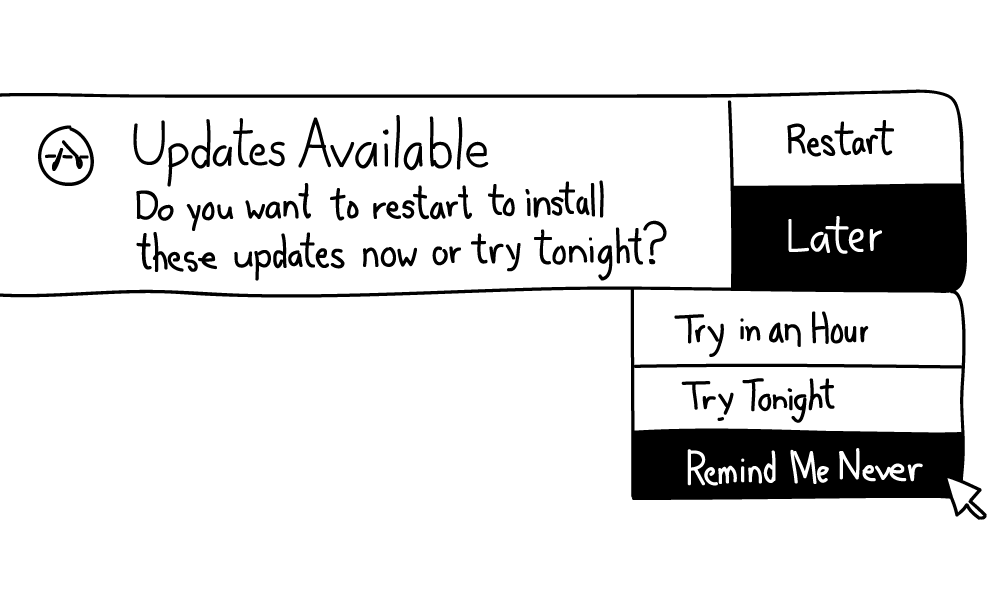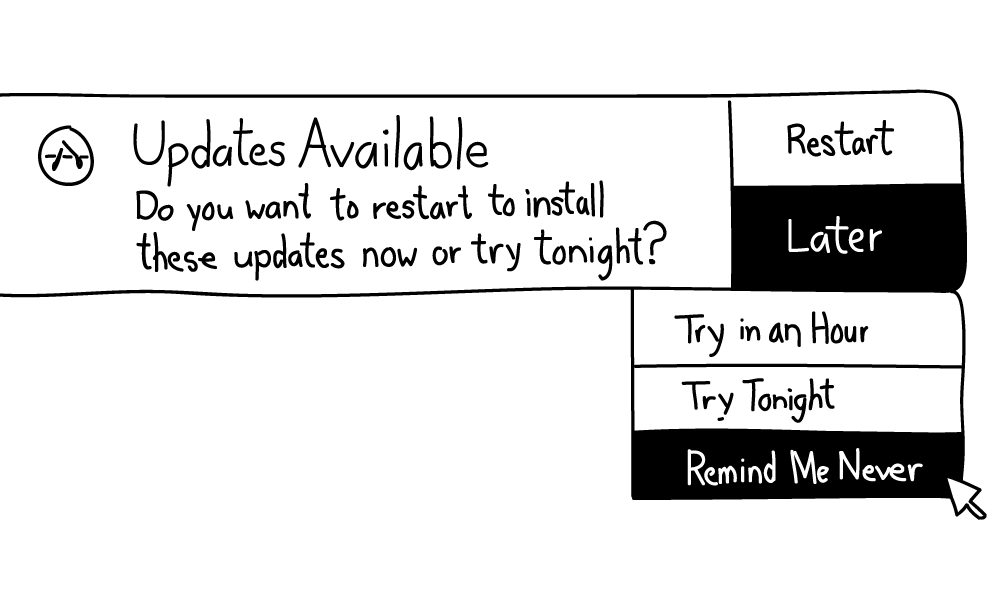Basically
This week, What Happened. Nine-hundred reviews on Amazon disappear. Harvard de-invited Chelsea Manning. Bad news in the London chube. A same-sex marriage pseudo-referendum in Oz. A robot-conducted orchestra. An all-screen iPhone with an all-man presentation. Plus coming up, the U.N. General Assembly and the Emmy’s. Irma-gahd.
Verbatim
BOMB has an excellent collection of remembrances up for the poet John Ashbery, who died earlier this month. They serve as a fine gateway to the great man’s work (as does Eileen Myles's remembrance in OUT). This one’s from Emily Skillings:
Being with John wasn't exactly like reading one of his poems, but it wasn't unlike it either. When you were with him, he would create these calm yet energetic rivers among topics, citations, quotations, bits of loose cultural detritus gleaned from the newspapers, magazines, and periodicals he was consistently glued to. In the middle of writing something serious for publication, he would pause and ask for the horoscopes, always reading mine first (Virgo), then his (Leo). He was sad when the Village Voice stopped printing them. Then he might ask me to pop in a CD of some overlooked composer. It was a kind of osmosis, being in the room with him, immersed in his pathways of thinking and association. It was a living drafting space. Life pursued down these cliffs. Once, a friend sent him a bottle of vitamins or herbal supplements to try. He wrote back to acknowledge them, saying, "I haven't had a chance to open the bottle yet, but just knowing they are here nearby has already started to work wonders."

ThingsWe still miss the phastasmagorical covers, margin scribbles, and annotation aesthetic, but Businessweek—having passed through these doors of perception—is now imbued with an underlying unease. The magazine’s ongoing multi-month run of single-colour, text-only subscriber covers exemplifies the calm-on-the-surface-but-ready-to-snap energy that is their post-manic high. The recent Sooner Than You Think issue demonstrates a mode of engaging in the big-f Future without resorting to wide-eyed futurology or rote Marxist critique. The newly stoic Businessweek hardly flinches as it tells of a dogsled-making civic activist in a Swedish mining town that’s home to the world’s deepest restaurant and a Virgin Galactic spaceport. That’s just how things are now.
Cryptocurrency is seen by some as a theoretically perfect financial instrument, free from the usual corrupting interests of meddling intermediaries. Or are those vilified intermediaries so effective at protecting us from volatility that we’ve become blind to the danger of primitive systems, prone to romanticizing individuality, and susceptible to charismatic demagogues and fear? Not saying, just asking.
Meanwhile, our old dealers The Pirate Bay (adrift out there on that part of the internet where people still torrent) appear to be testing cryptocurrency mining as an alternative to advertising. This feels totally icky, but then again, tapping an infinite supply of spare CPU cycles (putting aside their real cost for a moment) as the revenue saviour of modern publishing would be a nice twist none of us saw coming, right?
The Economist (a couple of weeks back) pondering whether Kraft might make another bid for Unilever and, ultimately, whether “capitalism is too myopic to allow firms to operate virtuously”.
Graph paper as therapist, duvet cover pattern, cursive writing teacher. How tiny 15th century squares became big business hotcakes at the likes of McNally Jackson.
If like some of us you get a little carried away with your tabs, even to the point of crashing your browser, go for tabagotchi.
This story isn’t new. But it came up again this week and so we read it again. For a good cry or a cozy read in bed tonight, try Cheryl Strayed (yes, Wild) on cheating, her mum’s death and losing jewelry. Bless the long reads.
We've been keeping our eye on Mask Magazine, admiring their zine-like community-oriented approach. Now they’re launching a podcast network, which is good opportunity to finally check them out and lend your support.
This week in artisanally-crafted greenbacks: Nestle acquired a majority stake in Blue Bottle Coffee. With Stumptown and Intelligentsia, the other superheroes of the modern American luxury-hip coffee scene, owned by JAB Holdings—the weird conglomerate that owns pretty much every good and bad coffee and/or donut brand out there alongside Bally shoes—we’re set for the oddly satisfying experience of the Nespresso vs Keurig K-Cup battle played out on turf where they have to pretend that they care, though with better lighting and those nice chunky pourover mugs to take home, at least. Somehow we feel the need to suck on a Gauloises and tell you pseudo-profoundly that consumer choice is an illusion. There is no coffee spoon. Something like that.
(Then we’ll start going on about how Hendrick’s was created by an American brand consultant, not a ragtag group of iconoclastic Scots, and you’ll walk away quietly, wondering why we’re happily drinking a vintage-labelled can of Narragansett while we won’t quit ranting.)
Helen Rosner on the fundamental flaw of this week’s Twitter internet-of-shit outrage, Bodega: the real world doesn’t work like a press release. As always, Rosner is great. Sadly, soon after that she announced that’s pretty much her last thing at Eater. We’ll be keeping an eye on where her work ends up from here.
Sam Kriss has been reading Hillary’s book. It hasn’t been going well.
Farewell, Harry Dean. You were one of the greatest, and we hope you found the void of nothingness you craved. You can have the last words today: “Is there an interesting way to go? Who gives a fuck? You're already gone.”
Anyone here in LA? Anna writes her part of this from there and wants to hear from you. (Maybe you could all meet for coffee at Nestle Blue Bottle!) If you don’t live in LA, do feel free to tell your friends who either do or don’t live there about our little letter, huh?





